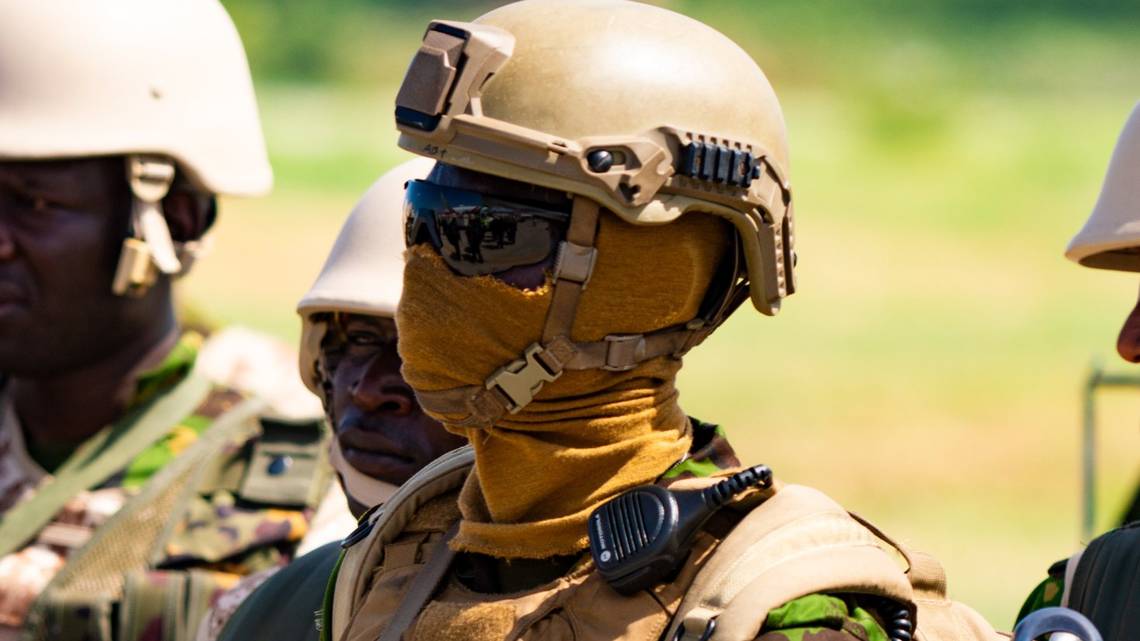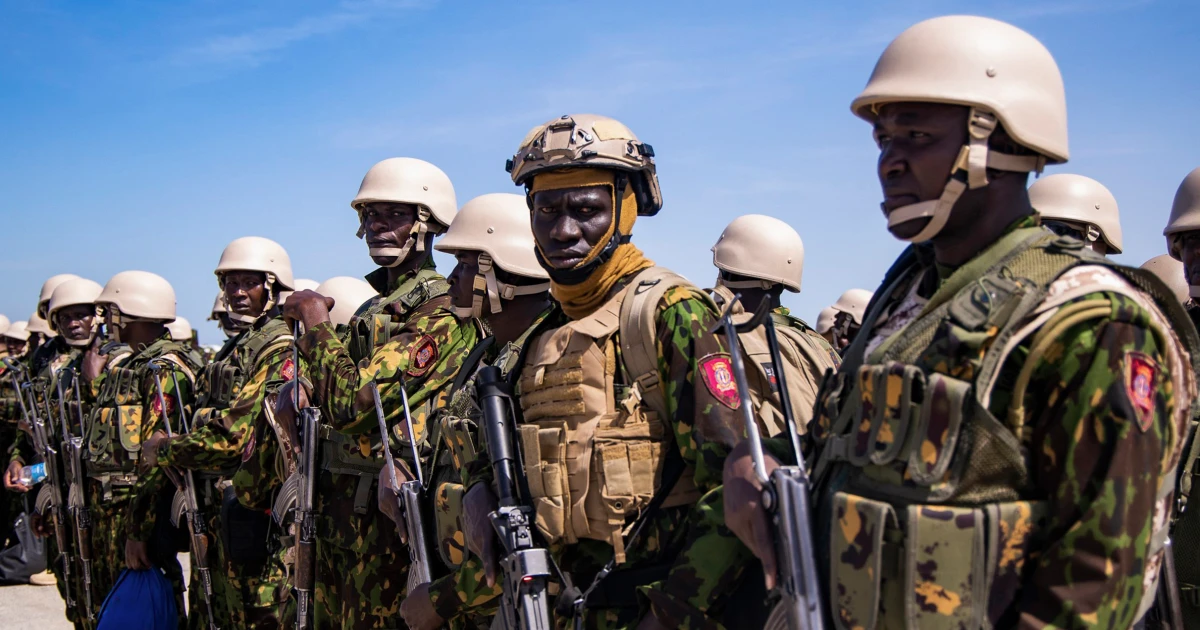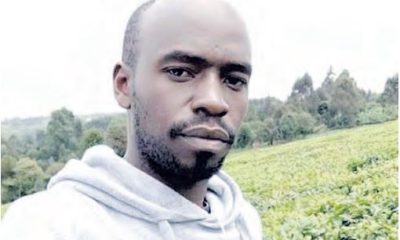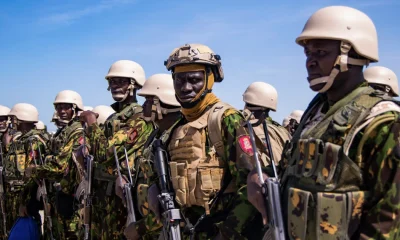News
Haiti Mission in Crisis as Rift Rumors Threaten Kenya-Led Peacekeeping Effort

For weeks, the international media has been buzzing with claims that the Kenya-led Haiti Mission is in disarray. At the heart of the storm? Allegations of a growing fallout between Kenyan Police bosses and their Haitian counterparts.
Foreign reports painted a bleak picture — Kenyan peacekeepers withdrawing support, towns falling under gang control, and rising tensions following the killing of a Kenyan officer.
But now, both the Haitian National Police (HNP) and the Multinational Security Support (MSS) mission have hit back hard.
They dismissed the rumors as misleading and potentially dangerous in a rare joint statement. Still, the truth behind the headlines reveals an uneasy alliance under immense pressure.
Kenya Insights allows guest blogging, if you want to be published on Kenya’s most authoritative and accurate blog, have an expose, news TIPS, story angles, human interest stories, drop us an email on [email protected] or via Telegram
-

 Investigations1 week ago
Investigations1 week agoBillions Stolen, Millions Laundered: How Minnesota’s COVID Fraud Exposed Cracks in Somali Remittance Networks
-

 News1 week ago
News1 week agoUS Moves to Seize Luxury Kenya Properties in Sh39 Billion Covid Fraud Scandal
-

 Investigations1 week ago
Investigations1 week agoJulius Mwale Throws Contractor Under the Bus in Court Amid Mounting Pressure From Indebted Partners
-

 News1 week ago
News1 week agoMAINGA CLINGS TO POWER: Kenya Railways Boss Defies Tenure Expiry Amid Corruption Storm and Court Battles
-

 Americas1 week ago
Americas1 week agoUS Govt Audits Cases Of Somali US Citizens For Potential Denaturalization
-

 Americas3 days ago
Americas3 days agoTrump Says US Needs Greenland For Its National Security
-

 Sports3 days ago
Sports3 days agoThe Easy Way to MSport Ghana: From Login to Your First Bet
-

 Politics17 hours ago
Politics17 hours agoHow Ruto-Moi Deal Died After Temporary State House Ceasefire





















